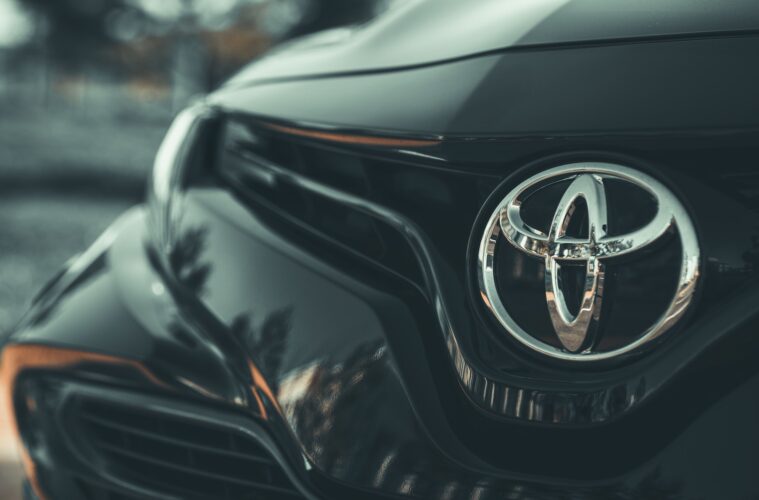The coronavirus pandemic’s worst months may be a distant memory for many of us, but their after-effects are still being felt in several key areas – including in motoring. According to a recent piece by The Guardian, the number of young people that hold a driving license has fallen by nearly half a million – with reduced test passes during restrictions a key reason.
This could also indicate that test passes are due to be back on the rise, as more people find the time to learn a hugely useful skill. If you are one of the first out of the gate for a new license, you might be wondering where to start with regard to your first car. What follows are some vital tips for making your first car purchase.
First Car Purchase | What are Your Needs?
Before you get carried away poring through your local classifieds and scouring Auto Trader, you should first take a moment to think more proactively about your needs and budget. What exactly is your car there to do, and how much can you afford?
Starting with the former, you might sit down and write down some of the most important reasons you need a car. You might have just secured a job and need a vehicle for your new daily commute. Alternatively, you may have learned to drive in service of a new family; you might be looking for a family vehicle with ample space for kids and luggage alike. As a young student, you might just need something to help you get around your new city and maybe enjoy a cheap road trip or two.
With your key needs down, you can start a separate list with optional things you would like to see in your car. While your needs may be few, your wants may be many. Separating them out will make it much easier for you to make a shrewd decision – even if you do shed a tear in abandoning your dream of heated seats in the process.
What is Your Budget?
Next, you will need to address your budget. Keep in mind, though, that your budget is not merely the amount of money you have up-front to buy – or commence the purchase of – your first car. It should also consider the ongoing costs associated with running your new car, from fuelling to maintenance. Cheap tyres are not hard to come by every few years, but engine issues are much harder to solve on the cheap.
As such, a balanced but conservative approach to your budget can go a long way. Going too cheap can lead to increased issues in the future but spending too much too soon could see you priced out of any repairs in the future. Aiming for proven, reliable second-hand vehicles is a good middle-ground to avoid any pitfalls.
Trustworthy Sellers
Lastly, it is important to be careful about where you buy your car from. You should do your research into given sellers and showrooms where possible before proceeding with a purchase, in order to ensure you will not get stuck with hidden fees or even a sub-par car out of the deal.
Regarding private sellers, there are a few measures you should take for safety and peace of mind. Bringing someone with you to help you test-drive is a good shout; you should also take a note of the numberplate and ask to see the car’s documents. A seller that cannot produce the car’s V5C is a seller that should be avoided.




